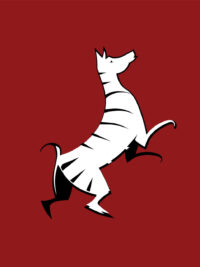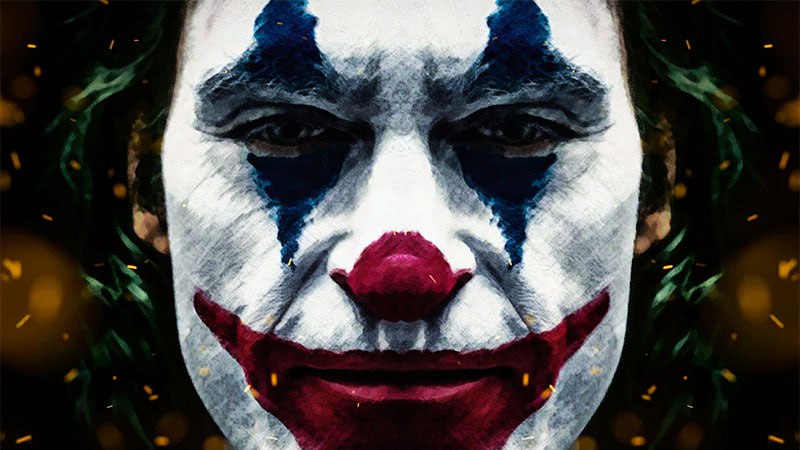Investigative Comics from Africa: A New Wave of Storytelling
Introduction Comics are a form of visual storytelling that combine words and images to create sequential narratives. Comics can be used for various purposes, such as entertainment, education, propaganda, or activism. In recent years, comics have gained popularity and recognition as a medium for journalism and documentary, especially in regions where freedom of expression and […]
Investigative Comics from Africa: A New Wave of Storytelling Read More »










